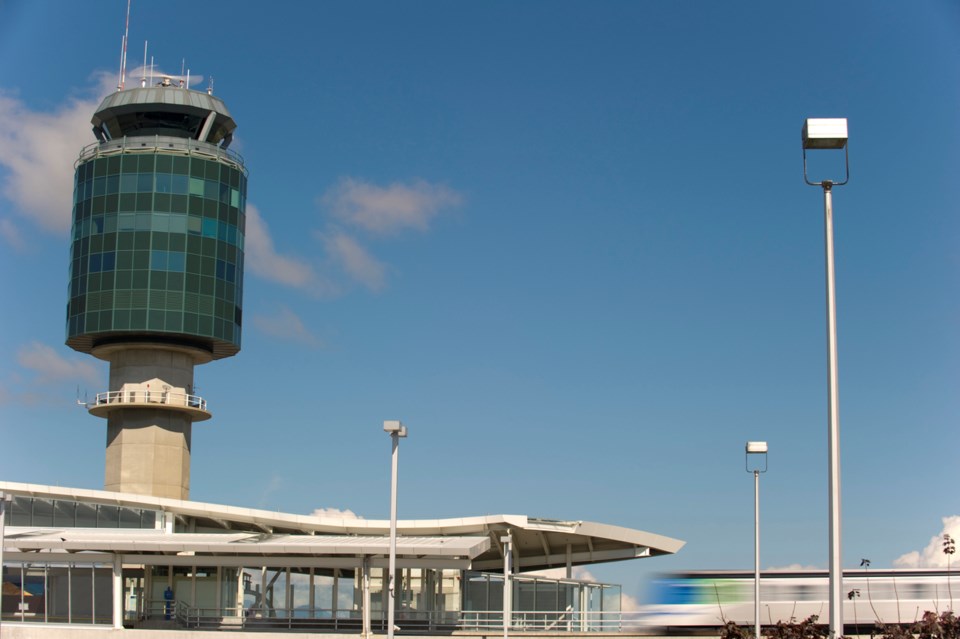The Canadian government plans to fly as many as 306 Canadians out of Wuhan, China, where the city of 11 million people is under a quarantine enforced by the Chinese government as a precaution to try to control the novel coronavirus 2019-nCoV.
The Chinese government has yet to approve documents for those Canadians, Canadian Foreign Affairs Minister Francois-Philippe Champagne told media Feb. 3.
The government’s plan is to fly a plane first to Hanoi, Vietnam, where it will await Chinese government approval to land in Wuhan, where the airport is closed.
Champagne said that 304 Canadians want to leave and 280 of those have Canadian passports. It is not clear how many of the 280 Canadian passport holders used their Canadian passport to enter China, as some may also have passports from China or those from other nations. Entering China on a Canadian passport is one requirement to be an evacuee. The Chinese government does not recognize dual citizenship so potential Canadian passengers who are also Chinese citizens may not be given approval to leave.
Champagne said that he has requested that the Chinese government allow for families to stay united and allow non-Canadian citizens to travel on the plane if they are part of a family with a Canadian citizen — particularly if there are children involved.
Champagne would not say how many seats are on the plane because that in flux.
“The plane will stop for refueling in Vancouver,” said Health Minister Patty Hajdu at the press conference. “Passengers will stay on the plane while the plane is being refueled.”
If a passenger is ill, or exhibits any symptoms on the flight between Wuhan and Vancouver, they will meet a B.C. health officer who will move them to an isolated facility.
The plane then flies on to Trenton, Ontario, where the passengers will be housed in isolation at a military base. The passengers at that base will also be in isolation from each other so that if one gets sick, that person will not have infected others.
The latest count is that 362 people have died from the coronavirus, with 14,491 people being infected. The new virus can be spread person-to-person in cases such as when an infected person coughs. It is believed to have originated at a live-animal market in Wuhan, and likely transferred from bats.��
��because of the virus.��
One fear is that the effect on tourism of the coronavirus outbreak could resemble what��happened during the��spread of the SARS virus in 2003, when dozens of people died in Toronto and convention organizers cancelled events.
Convention organizers have an outsized influence on the tourism sector, tourism consultant Lyle Hall��told Business in Vancouver.
“If I’m the International Widget Association, and I have an event booked for Vancouver, and there’s a health crisis, I have to make a decision on whether or not to hold that event, and my decision has in the balance whether 1,000 people will show up,” he explained.
Hall produced reports on the economic impact of the SARS crisis in 2003 and found that tourism��revenues in Vancouver fell 10 per cent, or $57 million, in the three months that ended May 31, 2003, compared with the same months in the previous year. Toronto’s tourism��revenues fell 29 per cent, or $186 million, over the same time period.
A Conference Board of Canada report in May 2003 similarly found that Canada’s tourism sector was walloped hard by a general panic provoked by the SARS virus.
It suggested that Toronto suffered a $950 million (0.5 per cent) hit to real gross domestic product and that $570 million of that decline was concentrated in the travel and tourism sector.
That report noted domestic overnight travel to Toronto in the second quarter of 2003 was down 15 per cent, while U.S. overnight travel to Toronto was down 20 per cent and overseas overnight travel to Toronto was down 40 per cent.
��




